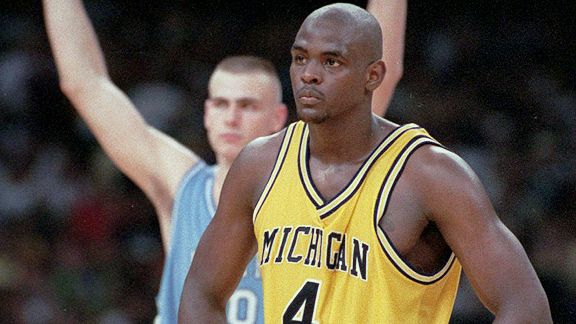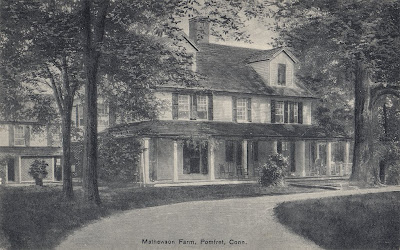I didn't know, couldn't have known, what this blog would develop into when I began it six months ago. Friends and family have given me much advice on improving its content and readership. People wonder how I can turn this into something more; they want it to be something more - for me. I'm sent links on how to develop the blog into an enterprise. Some advocates offer that perhaps I should consider focusing on a single - or at least more refined - theme. Other readers are simply more interested in how I can generate revenue from my writing. Up to this point, I've resisted most of the suggestions. I still consider this undertaking as an early juncture in my writing career and at this point I am most interested in writing for its own sake, for my sake. And while I'd welcome getting paid to write, I don't want to write about things which don't appeal to me. I might be too stubborn for my own good, but there's also something to be said for not compromising on things in which you strongly believe. And frankly, from an income standpoint, writing isn't entirely practical or especially promising these days. You might have noticed the glut in the market.
When I began this blog, I had a notion that it would be the seed of a online magazine for which I'd serve as editor-in-chief. And while this idea isn't dead, it is most certainly under the weather. The 50 plus posts of the last half year have been observational, instructional, autobiographical, and for me, therapeutic. I've written about childhood, financial independence, travel, health, personal tragedy, the value of work and the inaneness of punching a clock, the importance of perspective, and the ephemerality of life. What began as a potential vehicle for income has morphed into a digest centering on my life experiences and the lessons I continue to learn from them.
My father - who's authored several books - has, along with his praise, offered valuable constructive criticism on my writing. (I might also note that my mother has been a diligent and appreciated editor - you'll often find that two days after I post, a cleaner version miraculously appears.) My dad recently pointed out the disconnect between the blog title and its content. The blog hasn't exactly been, as the original blog title suggested, the "Collective Intelligence" of multiple writers. Rather it's been my interpretation of my experiences. The writing seems to center on how I'm developing and growing and the meditations that accompany this evolution. And in the end, it's about how I view the world in which I live. As per my dad's suggestion I am unveiling the new blog title today:
My father - who's authored several books - has, along with his praise, offered valuable constructive criticism on my writing. (I might also note that my mother has been a diligent and appreciated editor - you'll often find that two days after I post, a cleaner version miraculously appears.) My dad recently pointed out the disconnect between the blog title and its content. The blog hasn't exactly been, as the original blog title suggested, the "Collective Intelligence" of multiple writers. Rather it's been my interpretation of my experiences. The writing seems to center on how I'm developing and growing and the meditations that accompany this evolution. And in the end, it's about how I view the world in which I live. As per my dad's suggestion I am unveiling the new blog title today:
Growing Up David
Below is my dad's explanation:
- Growing up David — The meaning here is that the blog is concerned with how David is growing into the person the blog describes. That is, Dave is a work in process.
- Growing up David — The meaning here is that Dave is in the throes of growing up, i.e., Dave grows up.
- Growing up David — This means that you are this person, David, distinct and inimitable, who has this particular identity and name.
I look forward to writing more about how I came to be who I am and sharing more as I continue to develop. I'll ruminate on being a husband and dad; I'll offer thoughts on living a healthier, more meaningful, and to some, alternative life. I'll reminisce from time to time on my adventures as a boy, adolescent, and young man. But there's also much happening in my life now and in the near future that's sure to be ripe fodder for engaging and entertaining posts. For example, I am currently training for the 2010 Boston Marathon - and doing many of my runs quasi-barefoot. (Recent snippet in Time about that.) I have committed to sustaining my wife's family land - which has been passed down through the Mathewson generations since it was purchased from Native Americans in 1707. As if that weren't enough to fill my time, I was recently cast in a play at a local community theater, The Bradley Playhouse in Putnam, Connecticut. The play is called The Foreigner by Larry Shue. I'll be making my theatrical debut playing the title character, Charlie - an exceedingly shy man who in order to avoid conversation pretends he is unable to understand English. Hilarity ensues.
Thanks for reading, sharing, and your feedback.
Stay tuned.
Thanks for reading, sharing, and your feedback.
Stay tuned.



























